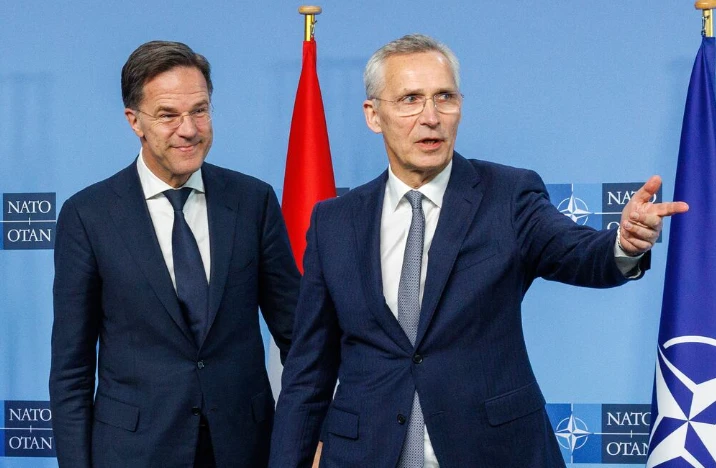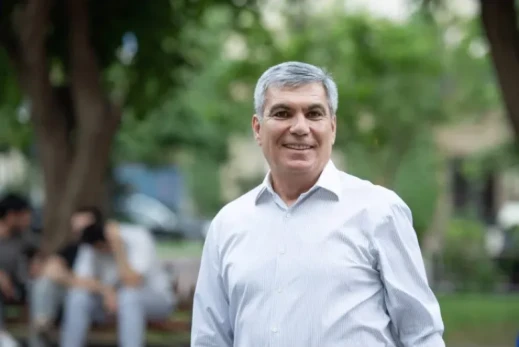Jens Stoltenberg to step down after ten years as NATO chief



I have to win against Robert Kocharyan and I will win. Aram Sargsyan
Our approach is clear. the problems related to the missing and the Armenians kept in Azerbaijan must be solved. Hyper
If Iran lasts for two more weeks, Israel and the USA will write the beginning of the end of their history (video)
They ate 110 million dollars in premiums in five years. Can you imagine what this will be (video)
The first flight from Oman to Yerevan. evacuation or paid return for 900 euros (video)
The Ministry of Foreign Affairs of Iran commented on the negotiation process with the United States
If Iran weakens, the Turan factor will increase. it is in our interests to end the war today (video)
This war was imposed on us. we will defend ourselves. we don't need anyone to come and protect us. Shirgholami (video)
US imperialist ambitions are no longer hidden. Andrias Ghukasyan (video)
If chaos starts in Iran, it will bring serious security and economic problems for Armenia. Saghatelyan (video)
Reject the peace of the grave. Christine Vardanyan (video)
The weakening of Iran is in Pashinyan's interests. how the balance in the region will change after the war (video)
With this conditional ceasefire, they gave an opportunity to reproduce and continue to surrender. Saghatelyan (video)
The war against Iran is getting longer, the situation is getting complicated for us as well (video)
DIRECTLY: The press conference of Khalil Shirgolami, Iran's ambassador to Armenia
Trump announced that he sees three candidates for the position of the leader of Iran
A war has started in the region, these people are playing backgammon: it is possible that the elections will be postponed (video)
Azerbaijanis can enter Syunik. Khachikyan on the attack and risks against Iran (video)
It seems that only me and Aslanyan were given the bonus, we were happy. I spent it for personal funds (video)
Pashinyan doubled the RA state debt. the most pessimistic predictions come true (video)